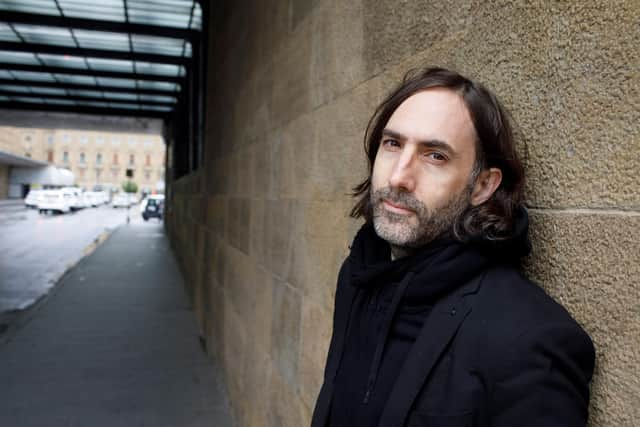Book review: Prophet Song, by Paul Lynch
Longlisted for the Booker Prize, and deservedly so, the is one of the most harrowing, minatory and provocative novels I have read in a while. It has the sharp cut of reality despite being set in an alternate version of our world, except for when it is all too recognisable. The final and penultimate chapters are truly shuddersome.
The setting is Ireland, and a new political party has come to power. It is populist, bigoted, insular and untrustworthy. A recent feature of their polity is the formation of the Garda National Services Bureau, ostensibly part of the Garda but in effect a politicised police force. They have a tendency to knock on your door late at night. They, and their political masters, are very keen on “Emergency Powers”. Indeed much of the fiction is like a novelisation of the ideas of Carl Schmitt, a Nazi legal philosopher, whose most famous aphorism was “Sovereign is he who suspends the laws”. Also, bringing in new laws at short notice creates a pool of new potential arrests.
Advertisement
Hide AdThe human side of the story is focussed on the Stack family. The father is Larry, a former teacher now high up in the trade union. When reaches the police station, all they will say is that an allegation has been made against him. Is it a coincidence the union will be staging a protest shortly? Eilish works in a scientific research centre and has discovered that she won’t be doing microbiology, but spends her time answering emails, taking phone calls and managing personnel. They have four children – baby Ben, high-spirited Molly, the sensible but teasing Bailey and the eldest, Mark, who is hoping to study law at university. Eilish’s father is still alive, albeit with flagging powers and widowed. The family scenes are done with such charm, the reader just knows things will not end well.


Indeed, the reader is primed on page one, as Eilish stares out the window at night. That page alone has “the dark gathers without sound”, leaves that “accept the dark in whisper”, “the darkening garden”, “at one with this darkness,” two men “faceless in the dark”. Although this might seem like overkill, it does not read like it. It is more like a litany, a tolling, a horrible insistence. It will continue through the whole novel with different degrees of intensity, culminating in the closing page, with “mouthing darkness”, “looks to the sky seeing only darkness, knowing she has been at one with this darkness, and that to stay would be to remain in the dark when she wants for them to live”.
The parallels are pretty evident. This is a book of small boats, militias, insurgencies, amoral bureaucrats and not-so-well concealed racism (as Eilish’s work colleagues are thinned out, its is unsurprising that the Asian worker is the first to be deemed surplus to requirements). There are shadows of Bosnia and Ukraine, of the Rohingya and the Uighurs, of Rwanda and Brazil and Azerbaijan and so many more. It seems that oppression and cruelty are a universal constant. Some have praised the book as being more terrifying because it is “close to home”. But it is not a rerun of the 1956 film It Happened Here.
The Irish context is important – I thought of it more as a kind of metaphysical novel. At what point do you flee? How do humans cope when faced with the unbearable, the inconceivable? Is the idea of common humanity an ethical fiction? So many books today do not take such questions seriously and reduce real politics to party politics.
The prose is very distinctive – it seems characterised by words which on first reading seem a semi-tone out. Then you realise they are exactly right. Examples would include “nick at the crossword with a pen” and “winter rain that falls lush and cold”.
Structurally Prophet Song does some very clever things. Although it is a linear narrative, some of its threads are left dangling. I can imagine that some readers might be piqued that we never find out what happens to some characters, but that is the very point. In so many conflict zones, individuals and families do not get closure, and to try to tie a bow on it, even in the form of an afterword, would have been a mistake. Nor does it veer into the sentimental polemical – “this is what we have to do!” – as if that ever achieved anything.
Prophet Song, by Paul Lynch, Oneworld, £16.99